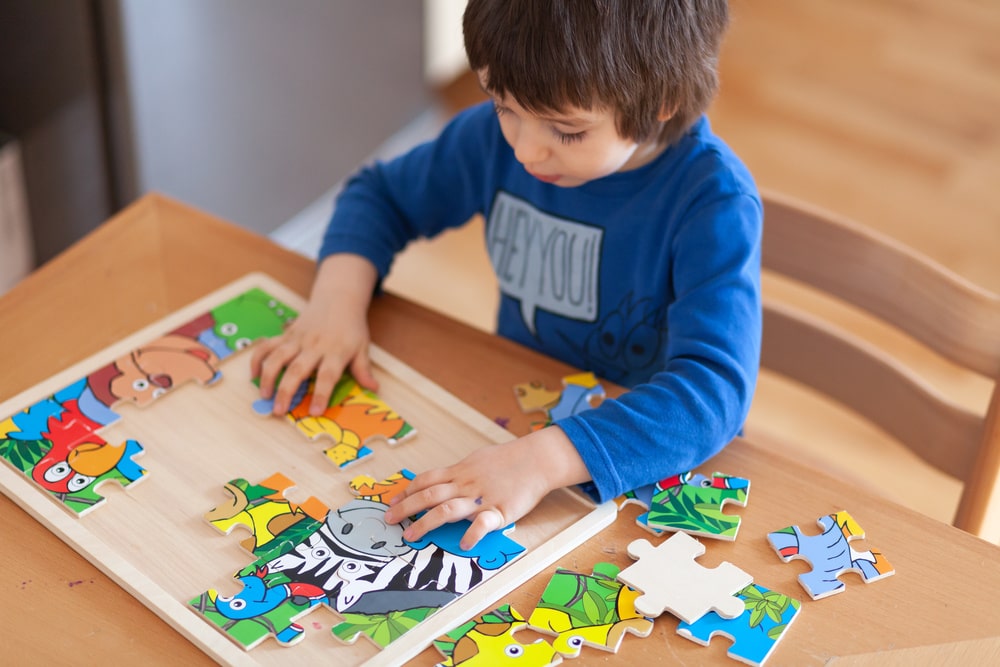
The Impact of Puzzle Play on Children's Brain Development
Share
Puzzle play is more than just an entertaining activity for children; it's a powerful tool that fosters various aspects of cognitive development. Engaging with puzzles helps children enhance their problem-solving skills, spatial awareness, memory, and fine motor abilities. Let's delve into how puzzles contribute to a child's brain development.
1. Enhancing Spatial Skills
Spatial reasoning is crucial for understanding and remembering the spatial relations among objects. A study by Levine et al. (2012) found that children aged 2 to 4 who engaged in puzzle play developed better spatial transformation skills, which are essential for tasks in science, technology, engineering, and mathematics (STEM) fields .
2. Developing Problem-Solving Abilities
Puzzles present challenges that require children to think critically and develop strategies to achieve goals. This process enhances their problem-solving skills and cognitive flexibility. Research indicates that children who play with puzzles demonstrate improved reasoning abilities and are better equipped to tackle complex tasks .
3. Improving Memory and Attention
Engaging with puzzles requires children to remember shapes, colors, and the positions of pieces, thereby enhancing their memory. Additionally, focusing on completing a puzzle improves their attention span and concentration. These cognitive benefits are foundational for academic success and everyday problem-solving.
4. Boosting Fine Motor Skills
Manipulating puzzle pieces helps children develop fine motor skills and hand-eye coordination. These skills are vital for writing, typing, and other tasks that require precise hand movements. According to the Queensland Government's Early Childhood Education and Care, simple jigsaw puzzles aid in developing finger strength and small-muscle control .
5. Encouraging Patience and Perseverance
Completing a puzzle can be time-consuming and challenging, teaching children the value of patience and perseverance. They learn to cope with frustration and persist until they achieve their goal, fostering resilience and a growth mindset.
Conclusion
Incorporating puzzle play into children's routines offers numerous cognitive benefits, including enhanced spatial reasoning, problem-solving skills, memory, attention, fine motor development, and emotional resilience. By engaging in puzzle activities, children build a strong foundation for lifelong learning and development.
